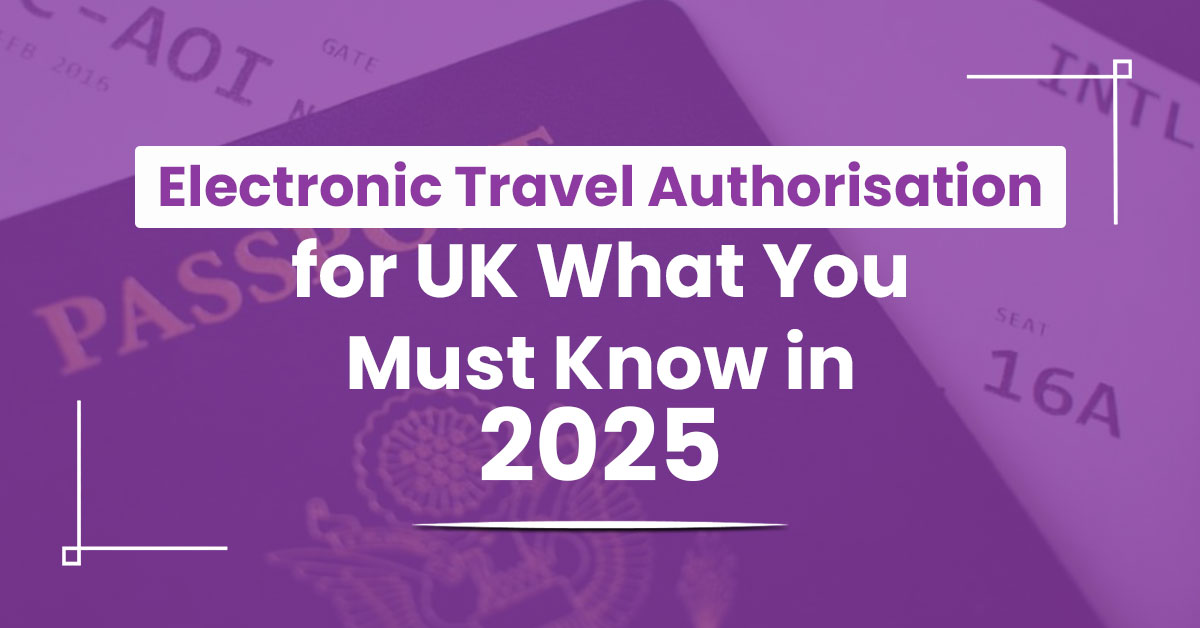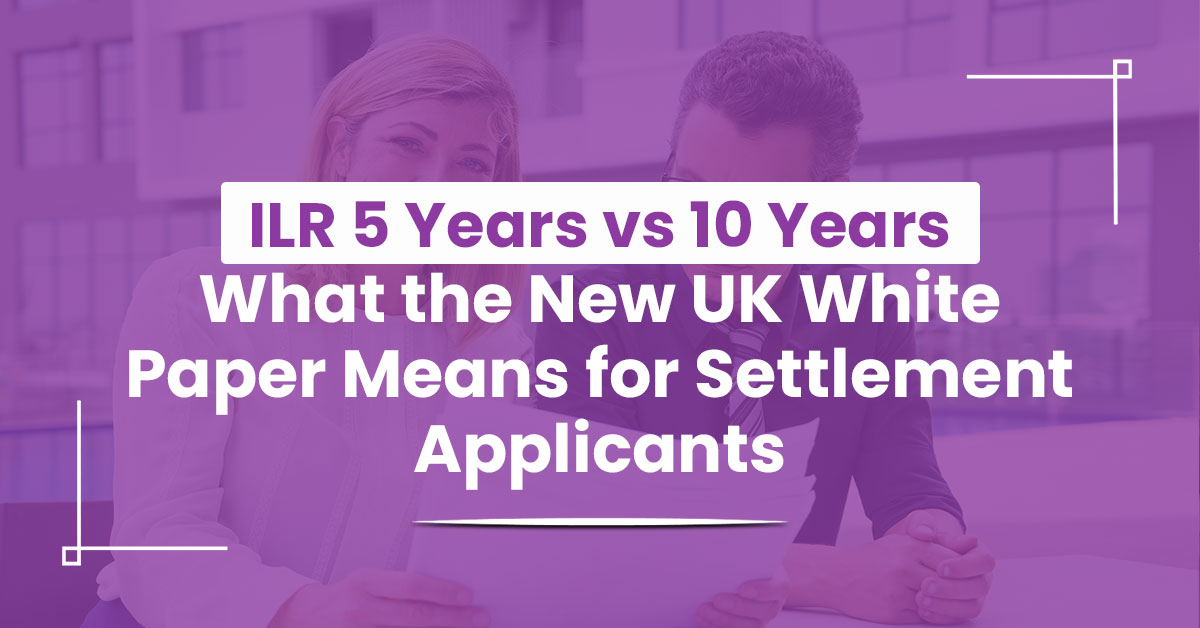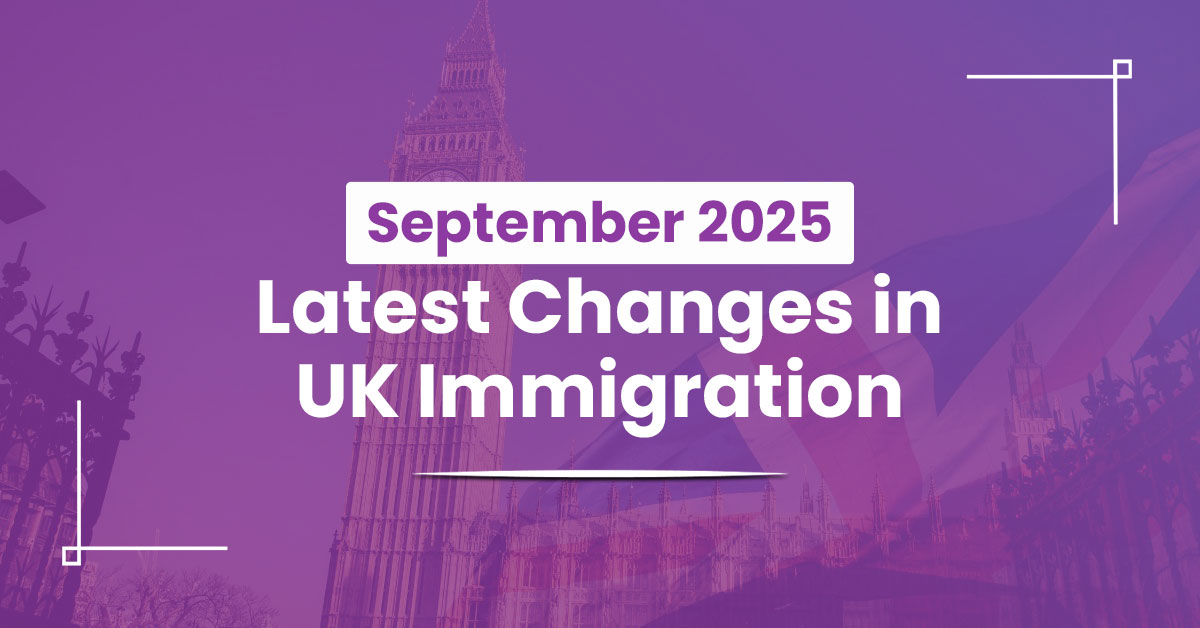Being away from your loved ones is already hard, the missed milestones, the distance, and the empty seat at the dinner table. But the toughest part of reuniting with family isn’t always the miles apart; it’s navigating the complex immigration rules that stand in the way.
If you are applying for a Spouse/Partner Visa or a Family Reunion Visa, you are likely facing extensive paperwork and procedural hurdles. Successfully managing these challenges requires a well-prepared and strategic approach. That’s exactly what this guide delivers.
In this guide, we’ve broken down the latest rules and financial shifts for 2025, explained the key reasons behind prolonged processing delays, and most importantly, provided a step-by-step framework to strengthen your application and maximise the chances of approval.
Key Takeaways
- The minimum income requirement for spouse/partner and fiancé(e) visas increased from £18,600 to £29,000 (effective 11 April 2024).
- Refugee Family Reunion route suspended from 4 September 2025; new system expected in spring 2026.
- Rising income threshold has caused financial and emotional strain for many families.
- Migration Advisory Committee (MAC) recommends lowering the threshold to £23,000–£28,000 for fairness.
- Sponsors can combine income sources such as salary, savings, rent, or dividends to meet the requirement.
- Parent and Adult Dependant Visas remain valid but may be reviewed under the 2026 reforms.
- Processing delays are often due to incomplete paperwork, verification checks, and policy changes.
- Strategies to improve chances of success.
- The UK government plans a major family migration reform in 2026, focusing on integration, income, and sponsorship rules.
- Always check the latest Home Office guidance and Appendix FM before applying.
UK Family Reunion & Spouse/Partner Visa Rules: Old vs. New
UK family visa rules have seen major shifts in income thresholds, eligibility, and even the suspension of some routes. The table below highlights what’s changed, what remains, and who is directly affected.
| Visa Category | Old Rules (Before Changes) | New Rules / Current Position (2024–2025) | Who is Affected |
| Spouse / Partner Visa | Minimum income requirement: £18,600/year | From 11 April 2024: Raised to £29,000/year. Transitional protection, if applied before this date. | British citizens & settled persons sponsoring a spouse/partner. |
| Fiancé(e) / Proposed Civil Partner Visa | Same income requirement as Spouse Visa (£18,600/year). | Same increase to £29,000/year (new applicants). Transitional rules apply. | Applicants planning to marry/enter a civil partnership in the UK. |
| Child Visa (Dependent Children) | Linked to parents’ visa route. No separate income beyond the parent’s requirement. | Still linked to the parent’s route. Impacted indirectly by the Spouse/Partner income rise. | Children joining a parent who is British/settled. |
| Parent Visa | Allowed where the child is British or settled. Requirements on care & financial support applied. | Still valid. Requirements unchanged but may be included in wider family visa reforms (expected 2026). | Parents of British/settled children. |
| Refugee Family Reunion Visa | Refugees could sponsor partners & children via Appendix Family Reunion (no income test). | Suspended from 4 Sept 2025. No new applications accepted. Only applications submitted before the deadline will be processed. | Refugees & those with humanitarian protection wanting to bring immediate family. |
| Adult Dependent Relative Visa | Elderly parents/relatives allowed if care is not available abroad. Strict test on dependency. | Rules remain highly restrictive, unchanged yet. Future tightening expected under the 2026 review. | Elderly/disabled dependents of British/settled persons. |
New Immigration Rules for UK Spouse/Partner Visas
The minimum income criteria is one of the most controversial and critical aspects of the family/spouse visa regime. As of April 2024, most applicants required £29,000 per year.
Some suggested increases, like to £38,700, were under discussion by previous governments. But new policy changes and advisory reports suggest that these may be put on hold or looked at again.
In a recent report, the Migration Advisory Committee (MAC) said that the threshold should be lowered to a more realistic amount for families’ incomes, such as between £23,000 and £28,000.
If a sponsor can’t satisfy the requirement with just their wage, they can combine different kinds of money, like savings, dividends, rental income, or self-employment. However, the Home Office’s acceptable criteria must be met for each source of income. If your income pattern is more complicated, you may have to wait longer and be more closely watched.
Do you know?
Official Home Office guidance and appendices (Appendix FM, family reunion instructions) are updated periodically, cite dates, and link to guidance so readers can check the current rule version.
Suspension of Refugee Family Reunion Route
As previously stated, in September 2025, the UK government announced the suspension of new Appendix Family Reunion (Protection route) applications.
The purpose of the suspension is to provide space for a new system and more rigorous control. Until the new regulations are implemented, refugees are forced to follow the family migration standards outlined in Appendix FM, which may impose more stringent income and English proficiency criteria.
Immigration rule changes are needed to suspend family reunion grants, and non-regulatory alternatives are insufficient to satisfy policy goals, according to the government’s “Statement of Changes“.
Impacts of these Changes on Applicants & Families
- Many refugee applicants who could previously apply under more lenient rules may no longer qualify under the stricter standards.
- Some couples have reported financial stress, emotional distress during separation, and difficulty meeting stricter criteria.
- Charities and advocacy groups have called the Minimum Income Requirement MIR level a “cruel barrier,” especially for children separated from parents.
- The increased bar may disproportionately affect marginalised communities or lower-income sponsors.

What Changes Are Coming (2026 Onwards)?
A white paper titled “Restoring Control over the Immigration System” was released by the UK government in May 2025. It lays out extensive measures to reform legal migration, particularly family migration.
This could involve new laws about who can work, salary limits, rights to employment, integration requirements, and more. One of the stated goals is to overhaul family migration.
Expected New Rules for Refugee Reunion
Until a new mechanism is implemented in spring 2026, refugee family reunions will be suspended.
- This new refugee reunion path may have stricter income, English, or residency requirements.
- Refugees must obtain status before sponsoring, so the application window may be limited.
- Previously exempted refugees may now have to follow family migration restrictions.
- The new system may emphasise contributions, integration, and tighter thresholds.
Reasons for the Delay in Visa Processing
Some of the key reasons why applications are delayed or take significantly longer:
- Incomplete or inconsistent documentation, missing translations, mismatched names, and unverifiable income sources.
- Overseas document verification and translation delays.
- Security and background checks (e.g., criminal record checks, INTERPOL, or overseas criminal databases).
- Complex income structures, such as self-employment, overseas income, and multiple sources, require extra verification.
- Requests for further evidence (RFE) by UKVI.
- Interviews or investigations of the genuineness of the relationship.
- High workloads and resource constraints at UKVI.
- Policy or rule changes mid-process.
- Appeals or administrative judicial review requests.
- Because of this, many applicants find their cases stretched well beyond official processing times.

Pro tip:
Always include a cover letter or document index with your application. Briefly explain what each document is, why it’s included, and which rule it supports (for example: financial, relationship, or accommodation). This makes it easier for the caseworker to review your application quickly and reduces the risk of missing details.
Strategies to Increase the Chance of Success
Careful planning is the best way to avoid delays or refusals. Below are the proven methods:
- Ensure sponsor income meets or exceeds the £29,000 threshold; use savings or multiple income sources where allowed.
- Provide joint bills, bank accounts, travel records, photos, and communication history to prove a genuine relationship.
- Take and pass the required English exam early to avoid delays.
- Submit clear, certified translations; ensure names and dates match across all paperwork.
- Show adequate housing that meets UK standards and is not overcrowded.
- Provide supporting evidence for self-employment, overseas earnings, or employment breaks.
- Consider priority or super-priority to speed up processing.
- Consult an immigration solicitor for complex cases to reduce errors and refusals.
If you need help with any UK visa application, you can contact our UK immigration solicitors on 020 3384 4389.
Frequently Asked Questions (FAQs)
What are common spouse visa delays?
There are a number of factors that might cause delays in spousal visas, and it’s crucial to know about them.
- Incomplete or wrong paperwork
- Missing signatures on the application form
- Incorrect personal information
How long is the waiting time for a family reunion?
The processing time for a family reunion visa is 12 weeks.
Can I apply for a family reunion if I’m not a refugee?
Yes. It is possible to apply for a UK family visa even if you are not a refugee, provided that your family member in the UK is a British national, has humanitarian protection or refugee status, or has Indefinite Leave to Remain (ILR) or settled status.






